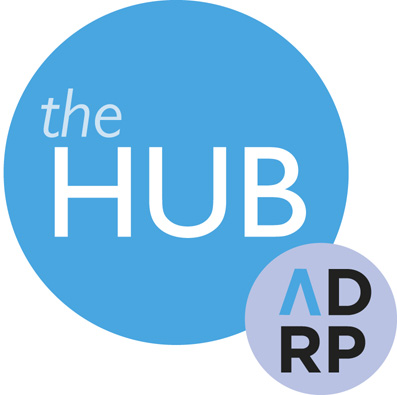 Let's Not Return to "Normal" Let's Not Return to "Normal"
Krystina Lucido Wales
Director of Donor Relations & Stewardship
GBMC HealthCare
Being required to stay at home was an immediate and sudden change that took getting used to. Amid worry and stress about keeping ourselves and our families safe, we learned how to work from home; we set up spaces, rearranged schedules, and sometimes navigated job loss, financial strain, loss in numerous forms. We adapted—but it took time.
It was a change we didn’t choose, but one we had to make—and we have a choice now on how we move forward.
Both in our personal lives and in our work, the option is there to build something new, learn from this time and create more meaningful experiences for our constituents. It’s not a matter of simply adding a virtual component to every event, but really digging deep on what worked for people and why.
Did your virtual event see more engagement because you were able to invite alumni from across the nation rather than just the ones within a short travel distance? Were you able to connect with donors in a new way through virtual webinars with the CEO?
Better yet, was the lack of high-ticket in-person galas more inclusive of constituents with the same passion but less generational wealth than some of your other legacy donors? Did the events or communications you created feel more inclusive and safer for marginalized groups? Did the virtual components work for disabled or chronically ill constituents who find it difficult to travel or interact in large crowds?
Returning to “normal” in this crisis is not the direction we should be aiming for, and “getting back” to the way things were would be an exercise in futility and disrespect in all we have learned during this time. It is disingenuous for us to ignore the voices of those who are chronically ill telling those who are well and able-bodied that social isolation was their existence all along. It is disingenuous for us to return to a time when we didn’t recognize our privilege in being able to work from home or have a job at all. We have witnessed the way access to healthcare and vaccines played out on a global scale to the detriment of some populations.
All of this cannot be ignored.
As we look forward to life after COVID-19 and the gloriousness of breathing in air without the filter of fabric on our faces, the warm embrace of friends and loved ones, the adventure that comes with resumed travel, or just walking into a favorite coffee shop, we must not forget what we’ve learned. All that’s happened won’t just disappear into the ether—nor will the virus.
Experts are planning for another pandemic. We won’t know when or in what form, but we understand its inevitability. The indiscretions and erasure of marginalized people will resurface again, too. The problem, or gift, depending on how you look at it, is that we know when that will happen: when people start choosing not to listen and allies stop telling the story with them.
This year was heavy, but enlightening. Our capacity and ability to adapt to change was tested. We all learned new things about ourselves and others; things it would be illogical for us to forget.
Life after COVID is not a “return to normal,” so let’s cut that out of the vernacular. Using that phrase implies this was a forgettable chunk of our lives; that we hit pause on everything to “deal with” this crisis, and that the vaccine is our “play” button. It assumes everything we have learned about ourselves and others is irrelevant.
Life after COVID will not be the same. It shouldn’t be. We are different, and so is everyone else.

Back to the June 2021 Hub
|